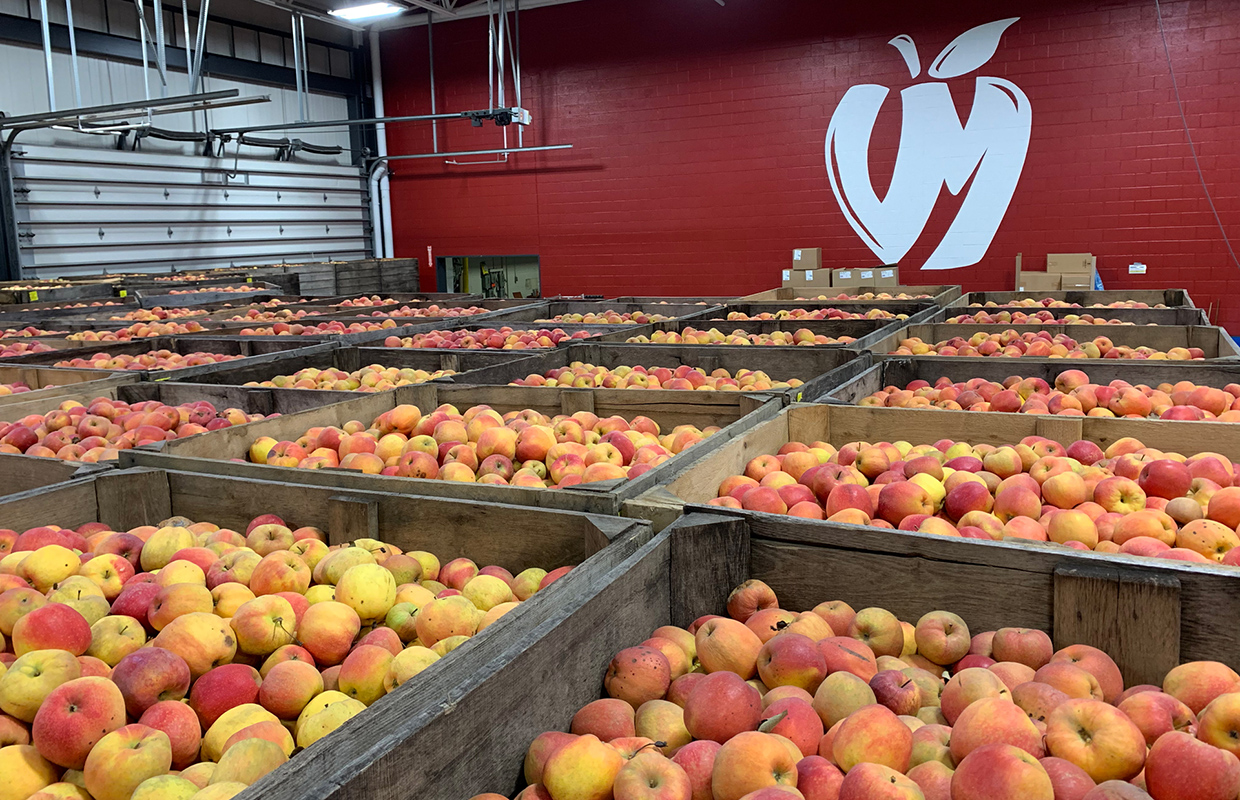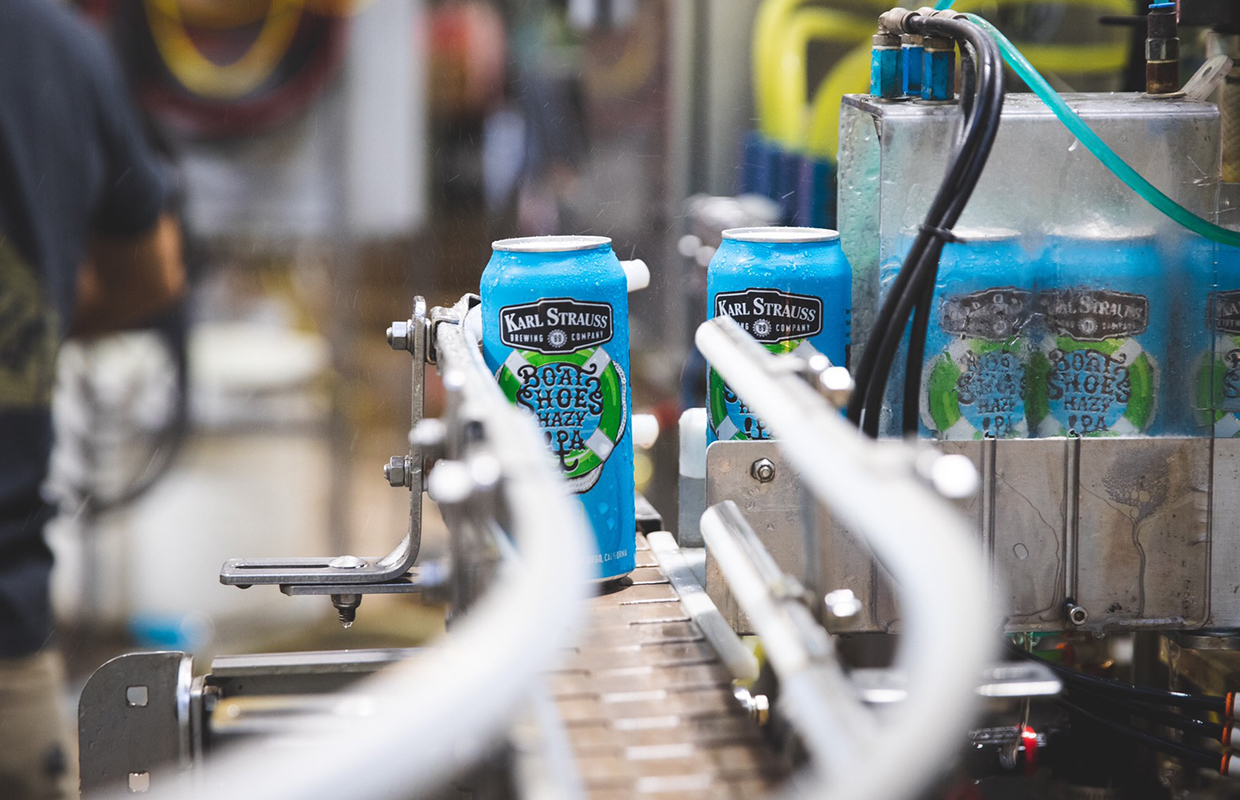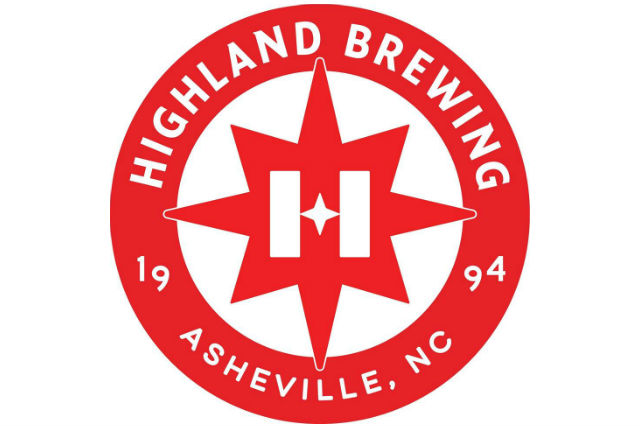
As many of us already know, barley is an essential element to the brewing industry. As climate change occurs, both globally and domestically, it creates havoc for barley farmers and thus generates fewer yields for breweries to purchase. Therefore, it’s vital that the brewing industry do its part to support barley research and development to assist in counteracting environmental shifts that affect crop development.
Gary Hanning is the Director of Global Barley Research for Anheuser-Busch. In his role he has developed studies that can help provide valuable information to the barley farming industry in hopes of building a more successful production.
BM: How has the environment change affected the growth of barley over the years?
GH: The general trend of warm temperatures does not tend to favor barley which is a cool season crop. Weather events like droughts force many farmers into difficult choices around managing water. Droughts come in many different forms, from short term ones lasting 2-3 weeks to year-long events. Combine water stress with annual temperature fluctuations that also impact agronomic yield and barley quality, and this presents a very complex challenge for barley breeders to deal with.
Last year, Anheuser-Busch began a partnership with the Bureau of Reclamation, University of Idaho and Washington State University to fund a network of agriculturally-based weather stations called AgriMet located in Idaho and Montana. The data generated by the six AgriMet stations is free to download and tells growers when and how much water to apply to their fields. After one season, initial findings of three case studies across the region demonstrated that farmers using AgriMet to guide their watering schedules reduced water use from nine to 23 percent, while at the same time maintaining yield. In May, we expanded the AgriMet project to include Montana barley growers, and we’re looking forward to seeing the impact for those farmers as well.
BM: What research is being performed to create a more sustainable early crop in regards to droughts?
GH: Development of new barley lines that mature early is one focus of our breeding program. In some cases, earlier maturing lines will escape the later season heat and drought stress. Those lines also work well to keep barley in its normal agricultural niche – generally the first spring crop planted and the first spring crop harvested. In regards to drought tolerance, we are working on lines that are less susceptible to water reductions. We then select those experimental lines that are more stable across diverse environments, which yields barley that performs better in environments where water availability fluctuates. We are also testing lines under controlled irrigation systems. We do this in two ways: first by reducing water during the entire growing season to provide moderate, continuous stress; the second is to cut off irrigation toward the later part of the growing season causing what is referred to as “terminal drought.” This type of testing helps to identify lines that can complete kernel development under stress — a common form of drought stress in the intermountain region where mountain water resources are limited.
BM: How is this affecting the brewing community at large?
GH: We want to make sure that the industry has a strong supply chain of ingredients from which to brew. Ensuring the supply chain means providing farmers with the tools, such as new varieties or better irrigation management systems, they need to endure severe weather events. A reduction in yield or low quality barley puts an increased stress on the domestic barley supply and that negatively impacts all of us in the brewing community. It is in our best interest to make sure that every brewer has access to quality ingredients. When a maltster uses poorer quality barley, the product suffers, and that’s bad for everyone in the brewing community. That’s why we’re committed to working on new barley strains as well as working with farmers to minimize the impact of weather-related events on their harvest.
Additionally, Anheuser-Busch has supported the American Malting Barley Association for many decades and through that organization we support all the malting barley breeders and researchers in the US, have provided direction for that research and have evaluated the varieties coming from that research for use by the company.
Quality ingredients are crucial to maintaining the high standards we have for all of our beers, so when barley farmers succeed, we succeed.





Be the first to comment